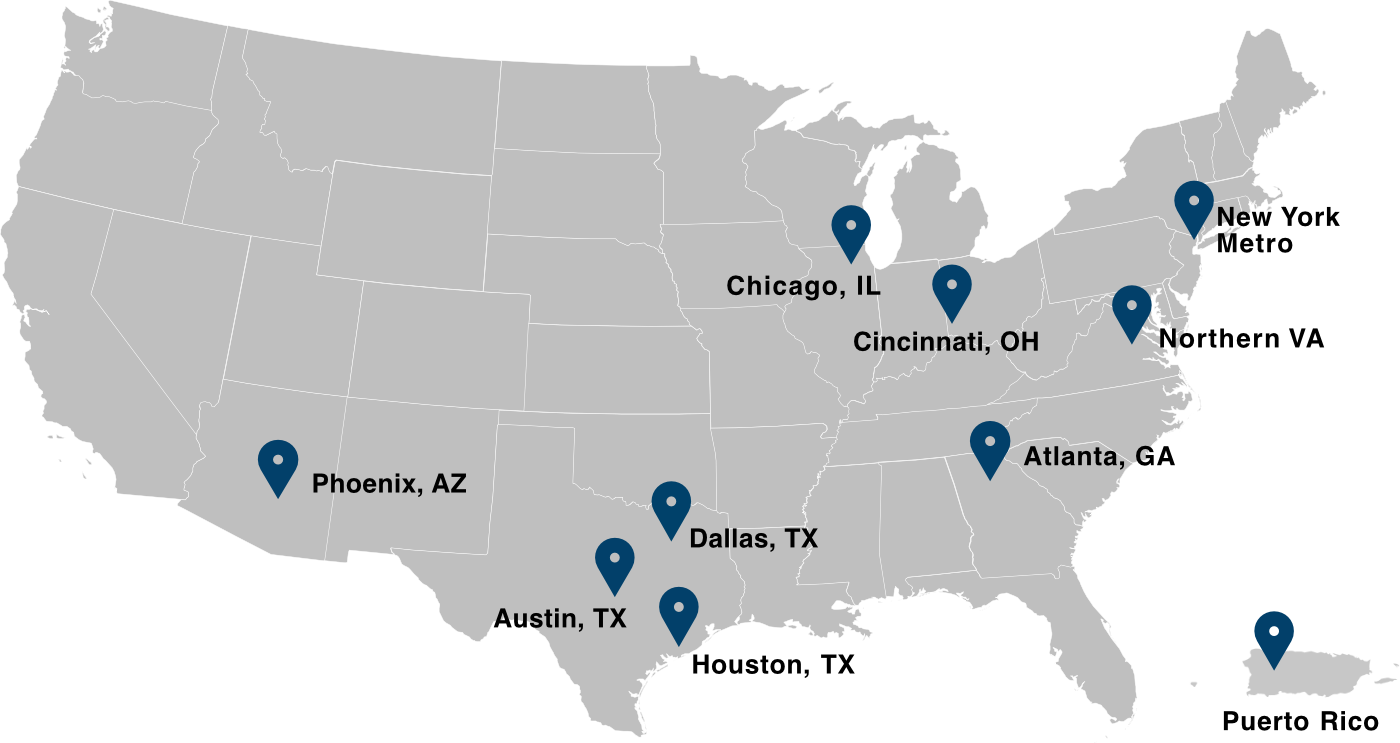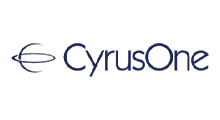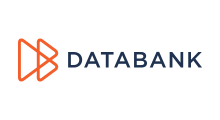Scale your infrastructure using our flexible configurations, designed to accommodate your evolving needs.
Reduce expenses and achieve a lower total cost of ownership with our highly-efficient data centers.
Ensure the highest levels of security & compliance for your sensitive data with our tier III+ data centers.
No matter the size of your IT infrastructure, from a compact single-rack system to an extensive 100-rack setup, our experts are equipped to design a data center solution tailored precisely to your requirements.







The client, a large MSP spun off from a major technology company and serving Fortune 500 organizations, faced challenges with the time-consuming process of establishing multiple MSAs across its various sub-entities, each with unique and specific infrastructure needs.
Discovery – The client needed to be in top-tier data centers with guaranteed uptime and power but struggled to get good prices for smaller-scale deployments.
Data Canopy’s economies of scale would allow them to provide wholesale pricing for the client’s retail opportunities.
Solution – Data Canopy provided a singular MSA that covered all their data centers, simplifying the legal process for the client.
Data Canopy’s high-quality facilities could support the client’s need for high-density environments (up to 30 kilowatts per cabinet) without additional setup fees or limitations.
Data Canopy provided the client with a customized pricing structure that resulted in significant cost savings on their base rent and Power Usage Effectiveness (PUE) costs.
Data Canopy reserved additional space for the client’s future growth, which the client utilized six months later, representing a 41% increase in their overall power and space requirements.
Data Canopy accelerated the clients’ procurement process by 67%, closing deals 3x faster than their other engagements.